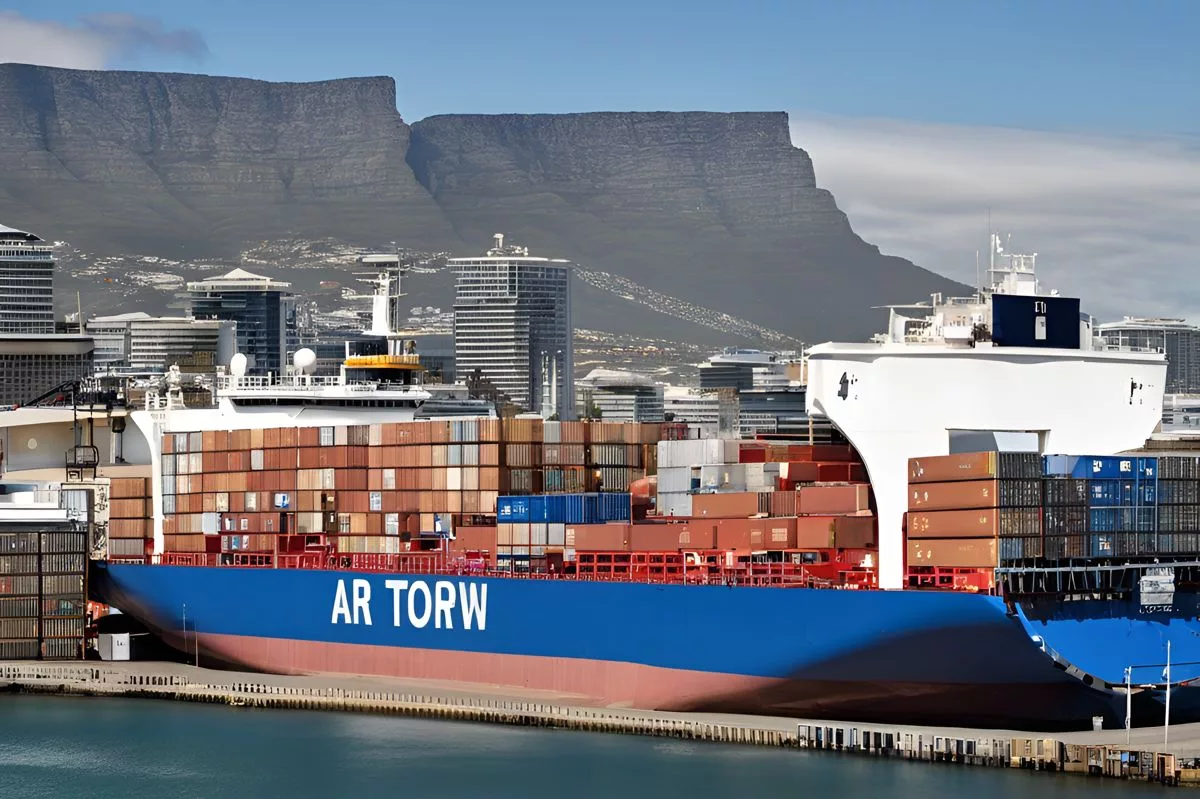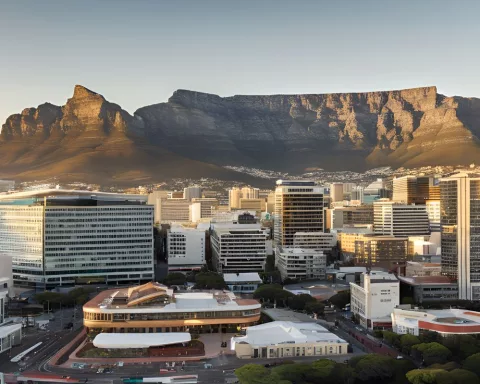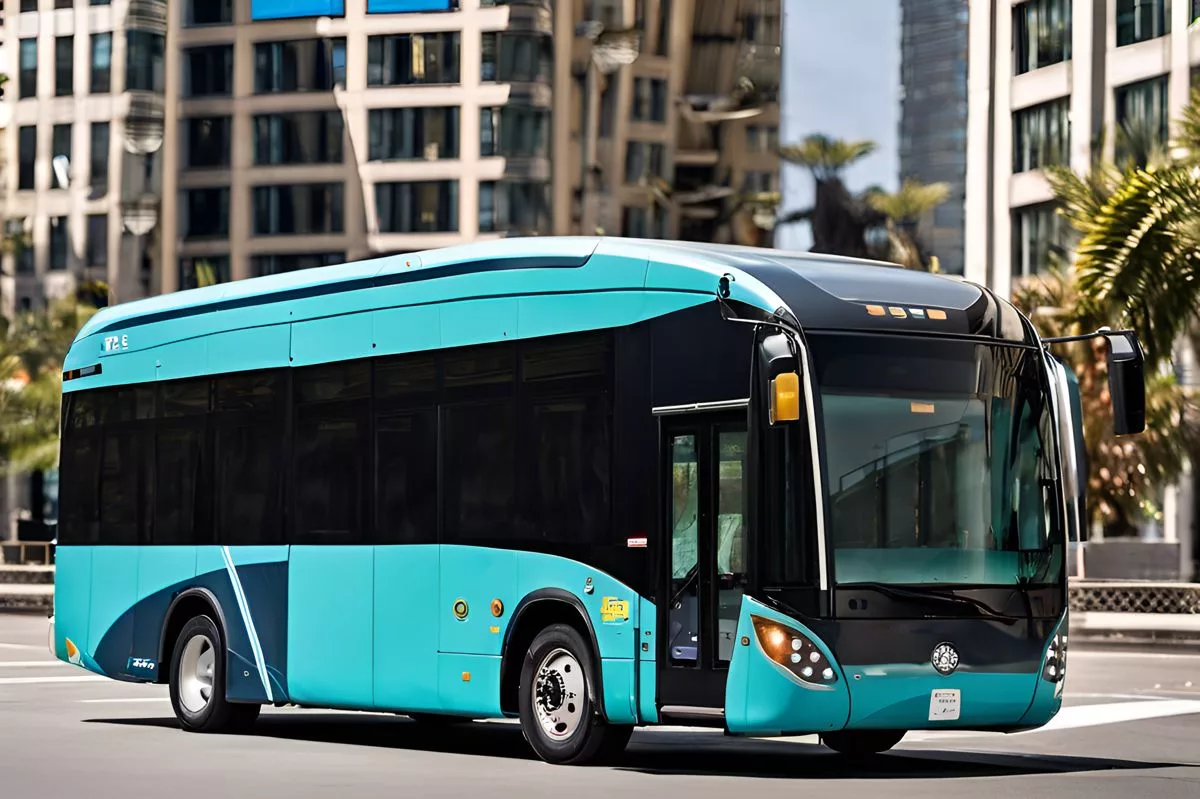The Port of Cape Town has announced that it will welcome private sector partnerships to address the inefficiencies that have plagued the port for some time. This move is expected to generate a significant R6 billion in exports, create around 20,000 jobs and yield over R1.6 billion in additional taxes over five years. The initiative has been championed by Alderman James Vos, who has called for a strategic transition towards private sector involvement. However, caution and due diligence are advised when scrutinising bidders to avoid potential risks.
A Bright Future Awaits as the Port of Cape Town Invites Private Sector Partnerships
What is the recent declaration by the Transnet National Ports Authority (TNPA) regarding the Port of Cape Town?
Transnet’s recent declaration that the Port of Cape Town will now welcome partnerships with the private sector aims to rectify the enduring inefficiencies that have incessantly troubled the port. The private sector is primed to contribute a colossal R6 billion in exports, approximately 20,000 jobs, and a yield of more than R1,6 billion in additional taxes over five years.
The Port of Cape Town, a crucial cog in the wheel of the South African economy, has long been shackled by inefficiencies that have permeated every facet of the South African society. From the ordinary consumer grappling with the repercussions of delayed imports to exporters striving to access offshore clients, these inefficiencies have been all-encompassing. Thus, the recent declaration by the Transnet National Ports Authority (TNPA) that the port will now welcome partnerships with the private sector, is a significant step in the right direction.
A Landmark Announcement and the Promise of Enhanced Efficiency
Transnet’s invitation for bids is not merely a momentous announcement, but a determined move to rectify the enduring inefficiencies that have incessantly troubled the port. By welcoming private participation, Transnet aims to instil new vigour and dynamism into its operations. Prospective participants are encouraged to present bids to own, operate, maintain, upgrade, or possibly design and hand over a liquid bulk terminal at the port, with a concession period of 25 years.
The Expected Impact and Potential Benefits
This announcement is as grand in scale as the immense potential it harbours. The private sector is primed to contribute a colossal R6 billion in exports, approximately 20,000 jobs, and a yield of more than R1,6 billion in additional taxes over five years, based on research conducted by the Western Cape’s Department of Economic Development and Tourism.
Alderman James Vos, the City’s Mayoral Committee Member for Economic Growth, has been a vocal advocate for a change in operations. Through numerous communiqués with the National Government, he has emphatically highlighted the necessity for a strategic transition towards private sector involvement. His tireless discussions with exporters and corporations have been critical in illuminating the detrimental effects of the port’s inefficiencies.
The Importance of Caution and Due Diligence
As we approach the precipice of this monumental transformation, it is critical for Transnet to meticulously scrutinise the bidders. The harsh lessons derived from past mistakes, such as the reported problems with a company hired to safeguard a coal line from Limpopo to KwaZulu-Natal, should serve as a warning of the potential risks.
In the wider context of economic progress, this development is about much more than just the Port of Cape Town. It is about transforming the port into a catalyst for economic growth, not only within the confines of Cape Town but far beyond. The goal is to create an efficient, productive port that can be a true vehicle for the narrative of South Africa’s growth.
A New Chapter Begins
Ultimately, this fresh phase in the port’s history is a testament to the strategic significance of private sector involvement in fuelling economic growth. It is a brave initiative that lays bare the potential of the port, hence paving the way for a prosperous epoch for Cape Town and South Africa at large. While the journey ahead may be laden with obstacles, it poses an unparalleled opportunity to reshape the future of the port, and by extension, the economy of Cape Town and South Africa.
- What is the recent declaration by the Transnet National Ports Authority (TNPA) regarding the Port of Cape Town?
-
Transnet’s recent declaration that the Port of Cape Town will now welcome partnerships with the private sector aims to rectify the enduring inefficiencies that have incessantly troubled the port.
-
What is the expected impact and potential benefits of the private sector partnerships at the Port of Cape Town?
-
The private sector is primed to contribute a colossal R6 billion in exports, approximately 20,000 jobs, and a yield of more than R1,6 billion in additional taxes over five years.
-
Who championed this initiative to invite private sector partnerships at the Port of Cape Town?
-
Alderman James Vos, who has called for a strategic transition towards private sector involvement, has been a vocal advocate for this change.
-
Why is caution and due diligence advised when scrutinizing bidders for private sector partnerships at the Port of Cape Town?
-
Past mistakes should serve as a warning of the potential risks and the bidders must be thoroughly scrutinized to avoid any potential issues.
-
What is the goal of inviting private sector partnerships at the Port of Cape Town?
-
The goal is to create an efficient, productive port that can be a true vehicle for the narrative of South Africa’s growth.
-
What is the significance of private sector involvement in fuelling economic growth at the Port of Cape Town?
- Private sector involvement is strategically significant in fuelling economic growth and lays bare the potential of the port, paving the way for a prosperous epoch for Cape Town and South Africa at large.












